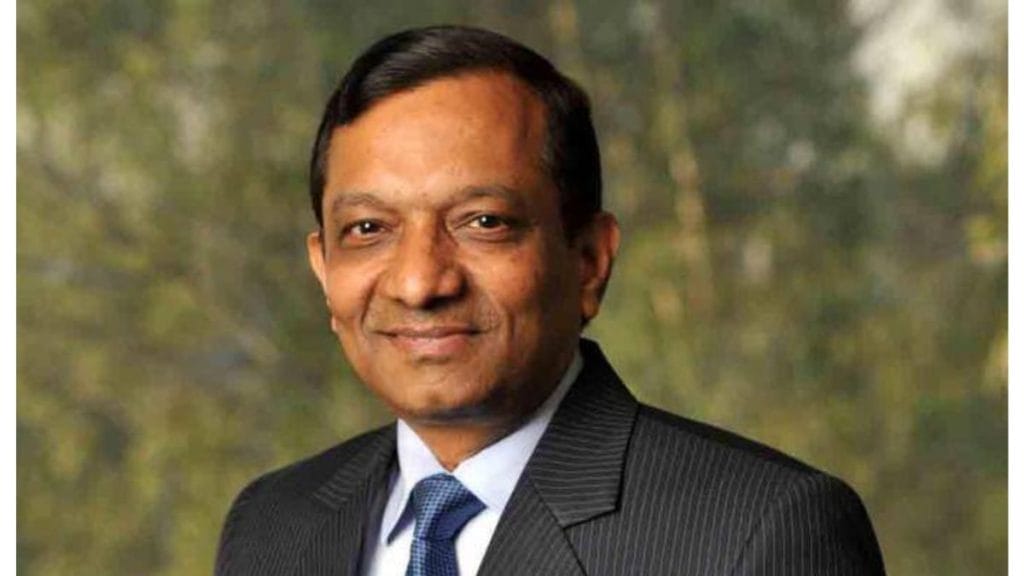New Delhi: With several success stories already in its file, the autonomous nodal agency of the Department of Space, Indian National Space Promotion and Authorisation Centre (IN-SPACE), established in 2020, has been trying to increase commercial participation in the Indian space industry. The agency has opened its door to these businesses in order to integrate them into the bigger space sector as several space tech startups emerge in India.
“IN-SPACe has received more than 290 applications from 215 non-governmental entities (NGEs). Of these, 90 are startups and 68 are from MSMEs and large industries. The applications cover all domains of space activities such as satellite and launch vehicle manufacturing, space-based applications and ground segment manufacturing & services,” says Pawan Goenka, chairman IN-SPACe, and former MD of Mahindra & Mahindra.
IN-SPACe provides NGEs with non-exclusive access to Indian Space Research Organisation (Isro) test facilities, transfer of technology (ToT) and technical consultancy and mentorship. “Success stories from private entities include sub-orbital launch by Skyroot Aerospace, the establishment of a launch pad by Agnikul Cosmos, indigenously developed satellite, namely, the Thybolt-1&2 satellites by Dhruva Space, launch of payloads of private entities in the PSLV orbital experimental module for experimentations,” says Goenka. “IN-SPACe does not carry out any direct collaborative projects or activities with private entities. We are enablers, authorisers, supervisors and promoters. The agency is also not a funding agency but we have some limited funds from which we can support some of the startups,” he adds. Over 40 MoUs have been signed between IN-SPACe and NGEs.
The organisation is also attempting to address difficulties faced by a developing private space sector. “Regarding the space sector, the challenge of creating a vibrant environment for startups and capable players magnifies manifolds. In the area of ease of doing business also, the challenge mounts as SpaceSpace is a sensitive sector. To adopt best practices in the space industry IN-SPACe is working towards a single window system for authorisation of proposals,” says Goenka.
In March 2023, IN-SPACe announced a seed fund scheme. The scheme supports startups that aim to develop innovative space products and services that can improve people’s quality of life in India and around the world. “We received 62 proposals from NGEs applications that are under review,” says Goenka.
IN-SPACe is working with the Ministry of external affairs and the department of SpaceSpace to enable space diplomacy. “We intend to project India as a global manufacturing hub for space activities by way of public-private partnership (PPP) model which can realise the goal of Aatmnirbhar Bharat,” says Goenka. It is working with several multinational companies to find commercial opportunities for Indian NGEs while driving the revised FDI policy that can pitch India as an attractive destination for space activities.
Further, the agency is also working on a regulatory framework that addresses safety and security, which aligns with the Indian Space Policy 2023. “Inputs from NGEs are taken at various stages, and suggestions, feedback are incorporated. However, currently, IN-SPACe is not working on projects with the defence space agency and defence space research organisation,” says Goenka.
With clearly laid out goals in the Indian Space Policy 2023, IN-SPACe is working towards accelerating the growth of the Indian space sector by devising a vision for 2032 and a long-term strategy. There will be more than 190 startups by 2023, up from just 1 in 2014. From $6 million in 2019 to more than $150 million in 2023, the sector has seen a surge in investment.
“In order to compete globally, Indian NGEs should focus on skill development and capacity building under all the space verticals,” says Goenka. “Discussions are on with Isro, National Skill Development Council, Atal Innovation Mission and various institutes to design and develop specialised skill development courses with practical training, namely, rocket modelling and satellite manufacturing,” he adds.
Additionally, IN-SPACE seeks to use the existing academic network in Indian Technology. The Indian Institute of Technology (IIT) Madras, the IIT Bombay, the IIT of Remote Sensing Dehradun, the Indian Institute of Space Science and Technology (IIST), Trivandrum, and has developed a set of space technology courses. The implementation has already started at IIT Madras.
IN-SPACe greatly facilitates space-based business operations in the commercial sector. A former MD of Mahindra and Mahindra runs it. Toby Goenka, more than 290 applications came in from 215 non-governmental organisations. Between IN-SPACe and private sector participants, more than 40 MoUs have been linked. Over 190 space startups today have invested over $150 million in the industry.





